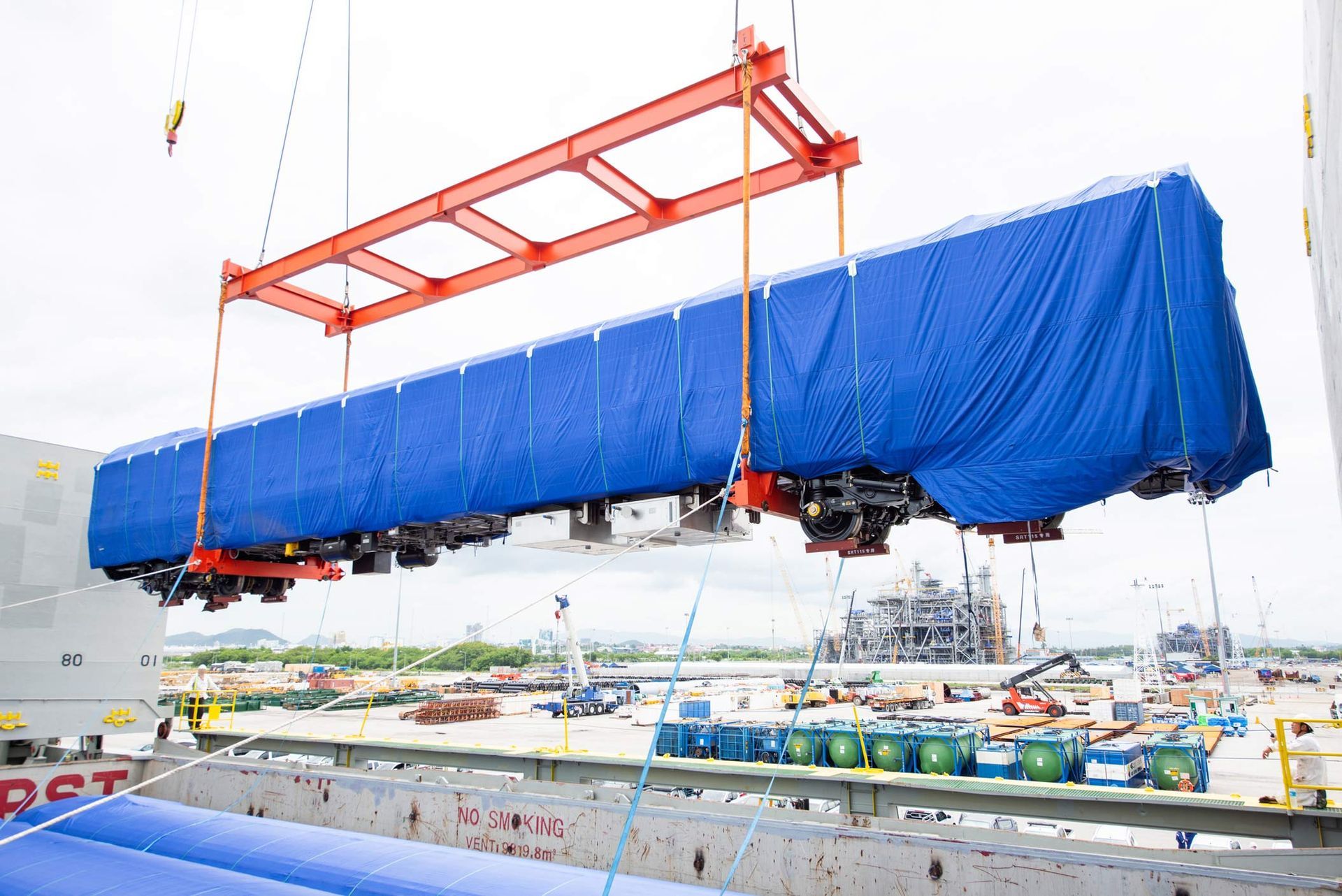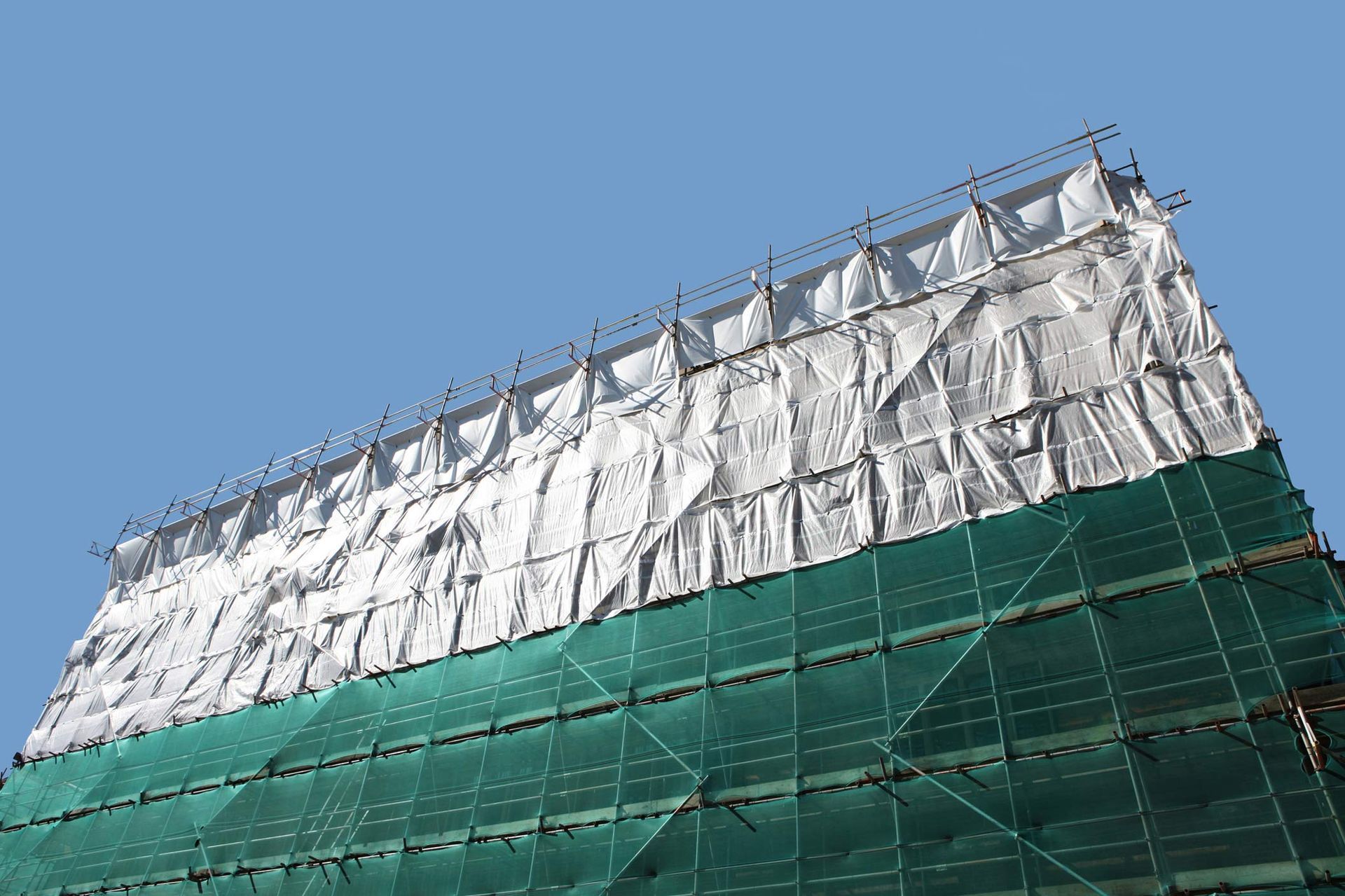Benefits of Industrial Tarp Cover Systems in Baton Rouge, LA

When fast-changing Gulf weather meets heavy-duty work, protection becomes a strategic advantage. Covers Unlimited Inc. has supported regional operations for decades, and today’s conversation centers on how industrial tarp cover systems in Baton Rouge, LA, safeguard equipment, materials, and schedules in demanding environments. The right system helps crews keep moving through pop-up storms and long stretches of intense sun, protects high-value assets, and reduces the costly cycle of rework caused by exposure. In a city where construction schedules, plant turnarounds, and logistics runs are tightly coordinated, the goal is to minimize interruptions without adding complexity to the job site. That is where thoughtful design, reliable hardware, and durable fabrics earn their keep.
What Are Industrial Tarp Cover Systems, and Where Do They Work?
Before diving into materials and features, it helps to define the role industrial tarp covers play across sectors. These rugged, purpose-built covers provide a mobile barrier between assets and the elements. In simple terms, they keep water out, debris off, and sunlight from damaging equipment and materials. Construction sites rely on them to shield rebar, forms, and temporary staging areas. Trucking fleets use them for flatbeds, dump bodies, and transfer stations to secure loads and comply with safety standards. Agricultural operations cover harvest bins, machinery, and feed. Manufacturing facilities deploy them over outdoor staging zones and sensitive product lines awaiting transport. Across each case, the goal is consistent protection that moves with the work rather than slowing it down.
Reliable industrial tarp cover systems are more than a sheet stretched over a frame. They incorporate tensioning hardware that maintains a snug fit, reinforced hems that resist tearing, and fastening solutions that hold under wind load. The result is a predictable barrier that operates smoothly shift after shift. For teams tasked with hitting daily production targets, predictability is worth a lot.
How These Systems Protect Equipment, Materials, and Products
Protection starts with the basics. Heavy rainfall can saturate packaging, swell wood products, and degrade adhesives. Dust and debris can contaminate stock and cause premature wear on equipment. Prolonged UV exposure can fade finishes, embrittle plastics, and shorten the life of rubber components. Industrial tarp cover systems create a dependable shield from these stressors so that materials maintain their specifications from the yard to the point of use.
On construction sites, for example, concrete forms and lumber stacks stay dry and ready. In logistics yards, palletized goods keep their labels readable and their cartons intact. For agricultural users, harvested produce remains shaded, and equipment lubricants avoid breakdown from heat exposure. Even an hour-long summer storm can derail a sequence of tasks if the site is not prepared. Having industrial tarp cover systems on standby or integrated into daily setups reduces those weather-related pauses and the domino effect that follows.
Durability That Matches Gulf Coast Conditions
The Baton Rouge, LA, area challenges any outdoor solution with humidity, sudden squalls, and days of peak sunlight. That is why industrial tarp cover systems rely on materials rated for UV exposure and tear resistance. Marine-grade vinyls, coated polyester fabrics, and high-tenacity meshes each have a place depending on the application. Stitching and webbing must be selected to match fabric strength, and reinforcement patches help distribute stress where grommets and anchors apply load.
Durability is not only about materials. Rigging choices and hardware matter as much. Quality tracks, rollers, bows, and tensioning components keep the fabric moving without chafing. When the structure and the textile work in harmony, fewer adjustments are needed in the field. In practice, that means crews can deploy, retract, and secure industrial tarp cover systems quickly, with confidence that the cover will hold through wind gusts and repeated cycles.
Ease of Operation and Smarter Workflows
Operational ease is where productivity gains show up day after day. When a cover system moves smoothly and locks down fast, crews avoid wasted minutes and lost focus. Systems designed with intuitive pulls, low-friction guides, and well-placed tie-downs reduce fatigue and training time. For yards that open and close covers many times per shift, these small efficiencies add up.
Automation can increase those gains. Many operations add industrial automatic tarp systems to streamline load coverage, especially in high-throughput environments. With consistent motion and proper tension, automated systems reduce manual handling, improve coverage quality, and cut cycle times. When paired with strong fabrics and precise hardware, automated motion helps crews focus on the task rather than the mechanics of covering and uncovering.
Customization That Fits the Job
No two job sites or fleets are identical. Frame dimensions, load profiles, clearance constraints, and frequency of use all influence the right fit. Custom industrial tarp systems allow teams to select materials, colors, reinforcements, and attachment styles that align with their real-world conditions. A flatbed that hauls mixed loads across the parish may need a different configuration than a stationary manufacturing rack that sees daily exposure behind a facility.
Thoughtful customization starts with clear objectives. Are you prioritizing speed, maximum UV resistance, or abrasion resistance for rough edges and sharp corners? Do you need visibility through mesh panels, or is full opacity preferred? These choices shape performance. Well-planned industrial tarp cover systems minimize failure points, carry the right weight for the job, and integrate with existing equipment so users do not have to reengineer their workflow.

Weather, Debris, and UV Protection Explained
It helps to break down the environmental risks that drive most tarp design decisions. Rain poses obvious risks to moisture-sensitive goods, but even water-tolerant materials can suffer from repeated wet-dry cycles that promote corrosion and mold. Dust and debris introduce contamination and can lower the quality of finished surfaces or mechanical assemblies. UV radiation is often the hidden culprit, gradually weakening polymers, softening adhesives, and fading finishes.
Industrial tarp cover systems address these threats with coatings that block UV rays, weaves that resist tearing, and seam constructions that keep water from finding a path. The cover must also breathe or vent where necessary to reduce condensation, which can be as harmful as rain. Putting these elements together creates a protective environment that extends the usable life of gear and materials and keeps projects on schedule.
Cost Savings and Measurable Efficiency
Protection is valuable, but the real story often shows up in the numbers. Each time materials are spoiled by rain, the cost includes replacement, downtime, and labor to restage. Delayed pours or postponed installs can ripple across subcontractor schedules. Loads that fail inspection due to debris or moisture can generate fees or require costly repacks. By deploying industrial tarp cover systems proactively, teams avoid these hits to the budget and the timeline.
Automation is another lever that delivers measurable gains. Facilities that adopt industrial automatic tarp systems report faster turnarounds, more consistent coverage, and fewer worker injuries related to manual handling. When paired with durable fabrics and reliable hardware, automation helps standardize processes, which is especially valuable in high-volume operations where repeatability translates into real savings.
Applications Across Construction, Trucking, Agriculture, and Manufacturing
Each sector has distinct needs, but all share the drive for reliability and speed. Construction teams often stage materials outside due to space limits, so flexible covers make a difference when a storm cell moves in midday. Trucking fleets need load security that meets safety rules without slowing drivers who are under tight delivery windows. Farmers and processors care about shade, airflow, and ease of access when equipment is moving in and out of storage. Manufacturers might need localized cover solutions over racks and bins near loading docks.
Industrial tarp cover systems adapt well to this variety. They can be engineered to roll, slide, or lift clear of crane paths. They can be sized for a single truck or scaled to protect an entire yard lane. The common theme is consistent protection delivered in a way that aligns with how people work on-site.
Local Demands in Baton Rouge, LA, and Regional Industries
The Baton Rouge, LA, area brings together petrochemical plants, refineries, ports, fabrication shops, distributors, and a strong construction market. Frequent afternoon showers and hot summers mean outdoor staging is always at risk. Add river traffic, rail connections, and heavy truck movement, and the need for fast coverage becomes obvious. Industrial tarp cover systems help keep materials within spec despite the climate and the pace of operations.
Local users often look for covers that handle both intense sun and sudden downpours without stretching or degrading. They want hardware that keeps moving parts aligned despite constant use. They value serviceability so common wear items can be replaced quickly. Thoughtful designs that answer these local challenges are the ones that stay in daily rotation, rather than being sidelined after a few tough months.
Start your custom industrial tarp systems project with Covers Unlimited Inc. today by requesting a fast quote. Learn more about us and our professional services.
Materials and Design Choices That Pay Off
Small design decisions compound into big differences in service life. Fabric weight should match the level of abrasion and wind exposure. Reinforcement of contact points reduces chafing. Quality grommets, webbing, and stitching prevent failures that start small and spread. Smooth track and bow systems reduce friction, so covers move without binding and maintain tension without constant adjustment.
Industrial tarp cover systems perform best when they are easy to use and hard to damage. When crews can trust the motion, they move more confidently. When covers stay taut, they shed water and resist uplift. Over a season, these details cut down on patch jobs, stopgap fixes, and the downtime that follows.
Real-World Integration and Maintenance
Even the best cover needs basic care. Quick inspections at shift changes, clearing debris from tracks, and checking tension keep systems running like new. Scheduling fabric cleaning and spot repairs extends life and preserves appearance when brand image matters at the gate or on the road. Many teams add simple checklists so operators know what to look for and when to flag issues.
When planning industrial tarp cover systems for a new site or fleet upgrade, it pays to consider access, parking patterns, and turning radii. Covers that integrate cleanly with existing equipment reduce training time and encourage consistent use. When systems are built around actual workflows, they become a daily advantage rather than an occasional backup plan.
Automation and Future Readiness
As operations scale, the case for industrial automatic tarp systems grows stronger. Automation adds consistency to repetitive tasks and frees operators to focus on inspection and safety checks. When volume spikes or weather turns, automated coverage helps maintain pace without shortcuts. Systems that pair robust fabrics with dependable motion create a foundation that can adapt as needs evolve.
Contact Us and Protect Your Equipment Today!
If you are ready to protect assets, control costs, and streamline daily routines, now is the time to explore industrial tarp cover systems in Baton Rouge, LA, with Covers Unlimited Inc. From site-specific designs to proven materials that stand up to Gulf weather, the right solution can make every shift smoother and every delivery more dependable. Call
(225) 261-4057 to talk through your application, compare options, and map out a system that fits how your team works. Your equipment, your schedule, and your bottom line will feel the difference.




